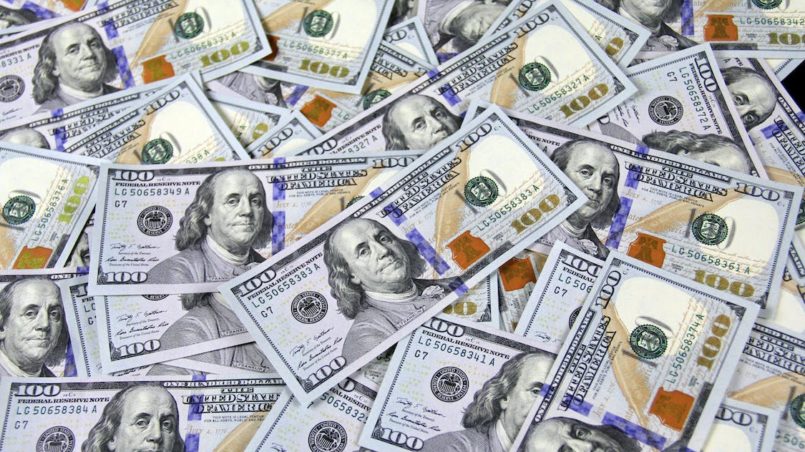Producer Royalties Splits: The “Master” (sound recording)
Producer Royalties Splits define the percentage that a producer receives of the royalties that are generted by his/her copyrights/ownership of a song.
Each song has two copyrights: The “Master” (sound recording) and the “Composition”.
The “master” or “sound recording” is the actual recording. Think of a piece of classical music composed by Bach. If someone plays this composition and records it, that person owns the copyright in the recording.
In the case of a rap song, both the artist and the producer share the copyright in the master.
For indie recordings, your share is usually based on the “net royalties”. Net royalties are the royalties (= money) left over after covering the costs of recording and distributing the track, for example.
In the case of record deals, the share that the producer receives of the royalties generated by his part of the “master” is called “producer points”. These points range from 3 to 7 points.
Note: You may also receive an upfront fee that can be recouped, meaning that the label will take your royalties until they have “recouped” the amount they gave you in advance as the aforementioned fee.
How much is 1 producer point?
One Producer Point equals 1 percent. Producer points are taken from the artist’s share of the “Master” royalties.
How are Master royalties split on a song?
Here is an example:
You get 5 points for producing the beat for the famous fictional rapper “Lil Cash”.
Lil Cash’s share of the “master” recordings is defined by his contract with the record company and is 20%. (In terms of points, you could also say that Lil Cash gets 20 points).
Of this 20%, Lil Cash must give you 5% (which equals 5 Producer Points), so Lil Cash’s actual cut will be 15%, your cut will be 5%. The record companies get 80% (100% – 15% – 5%).
How are Composition royalties split on a song?
We have covered the recording above. Now let’s look at the second copyright.
There are 2 shares of royalties for each compositon: The writer share and the publisher share.
The “composition” is basically the notes and words for the lyrics. You could also call it the “written part” of the music.
The (publishing) royalties generated by the “composition”copyright are handled by a publishing service. I use Songtrust*.
A so-called “split sheet” helps to document the songwriters and their share of the songwriting royalties they receive.
It is common for a rapper and a producer to split each share in half: The artist gets 25% writer share, as the producer does. The same is true for the publishing share.
A “Split Sheets should include:
- artist name
- producer
- record label or distributor
- ownership
- song name
- date
- up front producer fee
- For the “Master”: producer royalty rate (producer points)
- For the “Composition”: songwriting % (if any)
- recoup details
Multiple producers
In the age of loops, it is often the case that several people have worked on a beat. In this case, the Producer Points are split, just like the songwriting royalties.
For example, two producers would each get 3 points if the total producer points offered is 6.
Also, if the songwriting was split 50% artist, 50% production, both producers would have to split the 50%, resulting in each getting 25%.
Earning royalties as a producer
You will receive royalties for both copyrights: In the case of the master, you can earn royalties based on producer points. This is done through “Letters of Direction” and “Producer Agreements” that can be integrated with Soundexchange.
For the “Composition” copyright, you can earn percentages based on your agreed splits (e.g. via a split sheet). These royalties are divided into “Publisher” and “Writer” shares.
As I have an administration agreement with Songtrust*, they take 15% of my share and help me collect 100% of my “Composition” royalties (together with my PRO: BMI).
Songtrust collects mechanical royalties (royalties from streaming, digital downloads and physical copies of my music like CDs and vinyl) and performance royalties (radio, venues etc).
I manage the release of my beats through the distribution service Distrokid*. They will pay me reproduction royalties (each stream is a repetition of the “Master” and thus generates royalties.).
But to be clear, Distrokid helps you distribute your music. If your beats are not on Spotify, they cannot earn you songwriting royalties.
So Distrokid, or any other distributor, enables you to earn your royalties based on the “composition” and also collects the reproduction royalties.
*This is an affiliate link. That means, that if you choose to sign up with the service I will receive a commission that will help me to support running this website.
Here are some practical tips on how to set things up:



2 Comments